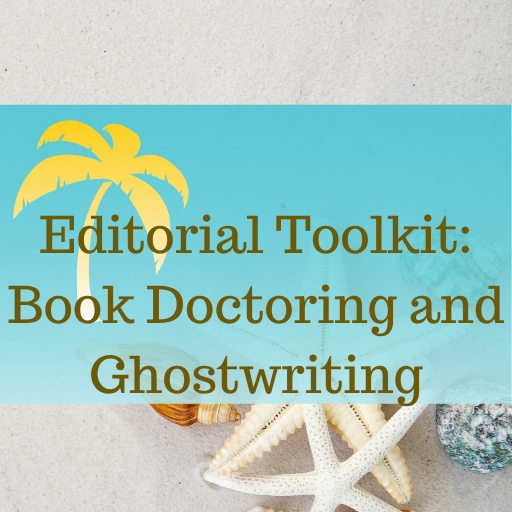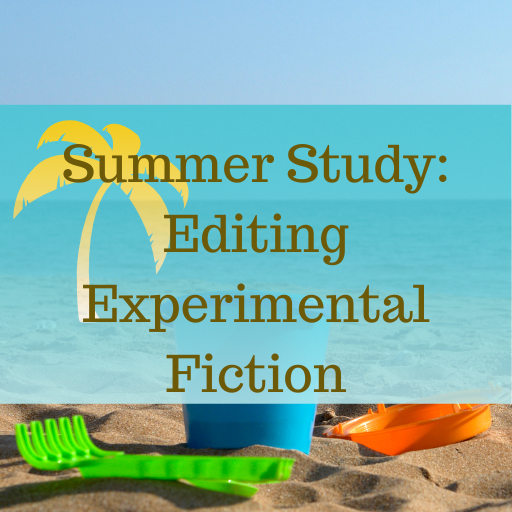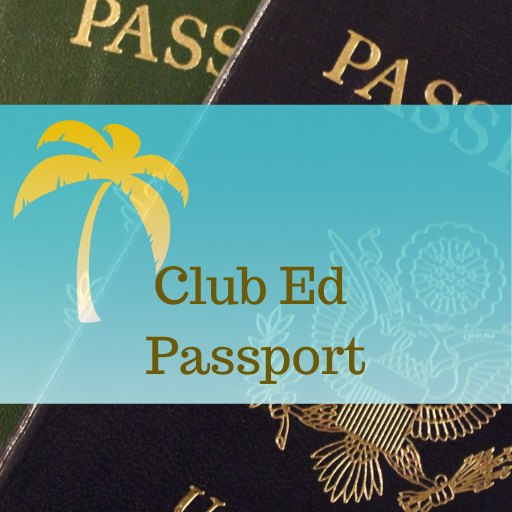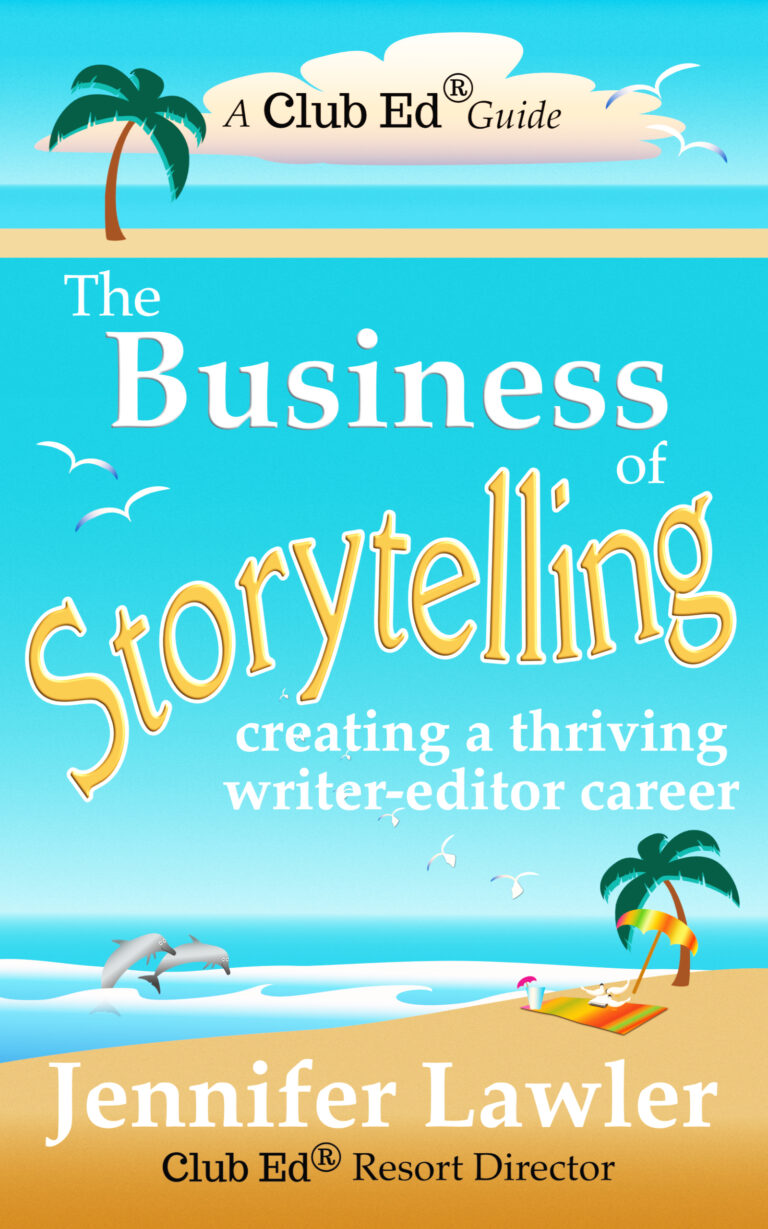Writing and Editing Skills: How do you hyphenate your career?
How can someone effectively combine writing and editing skills? By establishing what I call a “hyphenated career,” precisely that of a Writer-Editor!

Combine Writing and Editing Skills – Become a Writer-Editor
In my book The Business of Storytelling, I talk about how to create a writer-editor career, where you use what you learn as a writer to reinforce the editing side of your career and vice versa.
For those of us who enjoy taking on a variety of projects in our work, a hyphenated career can be a source of fulfillment and growth (both personal and career-related). I’ve always said I’m a better editor because I’m a writer, and I’m a better writer because I’m an editor.
The other day, a reader contacted me and said she was a different kind of hyphen: a bookseller-writer. I loved that! Her deep understanding of what readers enjoy reading makes her a better writer, and her understanding of writing and literature makes her a better bookseller.
A friend of mine is a great beta reader/big-picture editor because she’s also a visual artist (“Even painters info-dump,” she says.) I love the idea of there being all kinds of hyphenated careers possible for writers and editors.
If you’re considering extending your editing (or your writing) career in a new direction, you might enjoy exploring book doctoring and ghostwriting, and I have just the class for that starting October 7: Editorial Toolkit: Book Doctoring and Ghostwriting!
Tips for Editors & Writers
The Fine Art of Copyediting Fiction
When copyediting fiction, it’s common to run up against issues that pit author preference against standard editing approaches. For example, in a story I wrote some years ago, the main character’s neighbor is referred to as “3-B” as that is her apartment number and the MC doesn’t know her name. Fine. She can be referred…
Let the manuscript teach you how to edit it
One of the lessons I’ve learned over many years of editing is that you have to let the manuscript teach you how to edit it. Every manuscript is different and every manuscript needs a different touch. Even when an author does something I’ve seen many times before, I have to edit for that particular manuscript,…
Helping Authors Strengthen Story Settings
The setting of a novel consists of multiple elements, big and small, that nest inside each other like those little Russian dolls. We might show this hierarchy of settings like so: If you think about it, the micro setting of “the living room of 601 San Mateo Road Apartment 16” implies the existence of all…
Join the Club!
New to story editing? Begin at the beginning.








